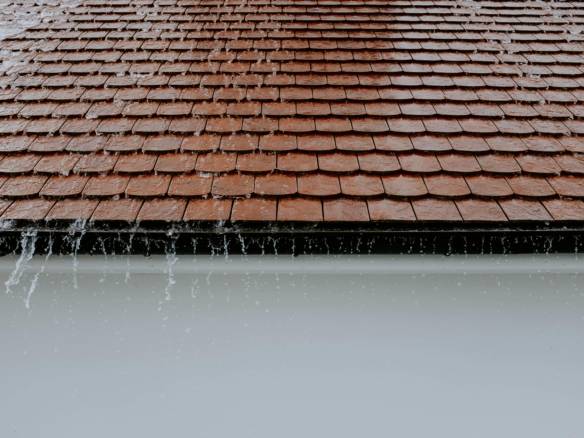We all know that a clean house is a happy house but as we move into smaller homes, with more and more possessions to fill them, and the amount of people with allergies rises, you need to know what to keep on top of to ensure your home is a healthy and germ free one.
Your hands are the main carriers of germs; every day we come into contact with hundreds of thousands of types of bacteria, which cling to the skin. So first things first, start by keeping your hands protected whilst cleaning by donning some disposable gloves, a pair such as Brosch Direct nitrile gloves should do the trick.
We have put together a list of small precautions and measures you can take to create a healthier home:
1. Wash those hands
Keeping your hands clean is one of the most basic necessities when it comes to staying germ free. You were taught from an early age to wash your hands before every meal, after using the toilet and if you had been outside, but we also suggest to stay on top of hygiene that you carry hand sanitizer with you when you’re not near a sink.
If hands are kept clean then doorknobs, light switches, handrails and toilet handles will not be so laden with germs, which can be transferred to others.
When outside the house there is also debate over the spreading of germs, the traditional handshake and what physical greeting could be used instead.
A recent BBC News article heard how a study is looking into the fist bump as an alternative greeting, due to its lack of skin on skin contact. We’re not sure this will catch on any time soon though!
2. The humble kitchen sponge
Its job is to make dirty dishes clean but the kitchen sponge also enjoys clinging onto every germ and bacteria it comes into contact with, whilst creating mould at the same time.
Sponges can become a breeding ground for nasty bacteria such as E.Coli, so after you have used yours make sure it is wet and then pop in the microwave for a couple of minutes to sanitise it.
3. Disinfect, disinfect, disinfect
Countertops and sides are one of the most common breeding grounds for bacteria. Adults with colds contaminate surfaces regularly, so it is important that these are kept regularly disinfected to avoid the transference of infections.
Don’t leave crumbs or spills from food and drink on counter tops and before you finish in the kitchen every evening make sure you wipe down the sides with a clean cloth and disinfectant.
Food left out in the open is an invitation for pests such as ants and flies, who will invade the house to enjoy the feast. The same goes for the kitchen floor where food can be dropped whilst cooking.
4. Tackle dust
Dust can creep up on you around the house and the shelf which looked clean one day can be caked in dust the next. There’s nothing worse than leaving sides and shelves layered in dust as it can trigger allergy attacks.
Try to wipe everything over at least twice a week and knock excess dust off the cloth outside.
5. Think smart
We handle our phones and tablets on a regular basis throughout the day, after our hands have come into contact with a huge amount of nasty bacteria. According to a recent article from the Telegraph our electronic devices harbor more germs that toilet seats, a very disturbing thought!
To prevent your smart devices from harbouring dangerous bacteria, and bringing these into the house, regularly wipe over your phone or handheld electrical device with an antibacterial wipe – just be careful not to get it too wet.
6. Don’t let the bedbugs bite
Humans shed, on average, nine pounds of skin per year, per person. Just imagining that alone should have you running to the bedroom to change those sheets.
As well as changing the bedding once a week you should also try to hoover the mattress once a month and turn it over every six months. Using an anti-allergy mattress cover and pillow protectors is also a good idea.
7. Furry friends
Around the world we love our pets. From dogs and cats to snakes and fish, most households now have a pet of some kind as a recognised member of the family. However, as much as you love your furry friend, they can be the main cause of allergy related symptoms in the home, such as coughing, wheezing and itchy eyes.
Keep on top of the dog or cat hair by vacuuming every other day and not letting animals up on the furniture.
8. Remove shoes
You were never allowed in the house whilst wearing your shoes when you were younger, so what changed when you moved into your own home? You can bring in pollen, dirt and even pesticide residue from your lawn, on your feet. Always remove shoes before entering the house to avoid bringing anything harmful inside.
Healthier and happier
Working these simple and easy tasks into your everyday life will make your house a healthier and happier place to be for everyone and if you have children try to imprint the healthy home ideal upon them from an early age, so they can carry it through into later life. However, keep in mind that there is such a thing as too clean – our bodies need to come into contact with a small amount of germs on a daily basis to build up immunity – so try to refrain from a full out anti-bacterial rampage everywhere in the house!



